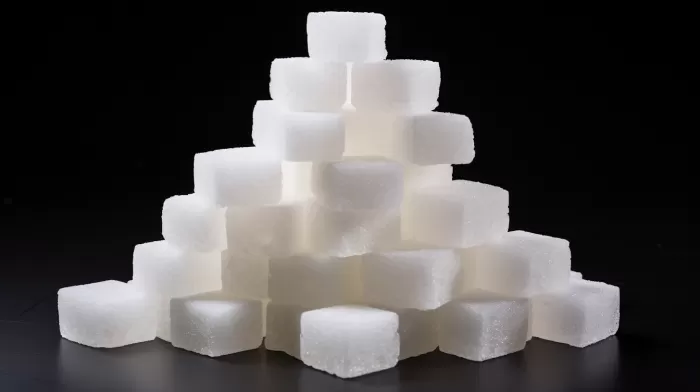Americans consume a staggering 150 pounds of added sugar per person every year. It’s no surprise that various health experts have attempted to decrease sugar consumption over time. However, the sugar industry has managed to undermine these efforts.
Back in the 1960s and 1970s, dental health experts rallied to reduce American sugar intake due to the link between sugar and dental cavities. But the sugar industry was resilient and shifted the focus from decreasing sugar consumption to exploring other ways to prevent tooth decay.
To this day, tooth decay continues to be a prevalent chronic health issue in the US, affecting children and teenagers. According to the Centers for Disease Control and Prevention, approximately 50% of American children have adult teeth cavities, and over 15% of kids aged 6 to 19 have untreated decaying teeth.
The Sugar Industry’s Influence
Documents discovered at the University of California San Francisco reveal the collaborative efforts between the sugar industry and the National Institutes of Health to protect sugar consumption. These findings emphasize the extent to which the sugar industry endeavors to safeguard its profits at the cost of public health.
Sugar consumption is an ongoing debate, with links to not just tooth decay, but a range of other health issues, including heart disease, diabetes, and liver disease. Action to address policies and regulations around sugar now is crucial to ensure a more comprehensive approach to public health.
Alternatives to Added Sugar
Reducing added sugar consumption is the first step to combat its detrimental effects on health. One sugar alternative to consider is erythritol, a sugar alcohol derived from plants and starches. Erythritol is about 70% as sweet as sugar, contains no calories, and does not affect your body as it is not broken down and absorbed. Instead, it is excreted in urine.
While erythritol is used in some low-calorie products, it is mainly found at local health food stores. Brands such as Swanson and Now Foods offer erythritol powder for home use.
Another sugar alternative is stevia. However, it comes with an aftertaste that many may find unappealing.
Reducing Sugar Intake
A long-term solution to reduce sugar consumption is through a combination of personal and collective efforts. Besides swapping sugar with alternatives like erythritol, it’s important to adopt a balanced diet with whole foods and limited processed foods. Processed food products contain hidden added sugars that contribute to increased sugar intake.
As consumers, it’s essential to be aware of the industry’s influence on food products and actively choose healthier options. On a broader level, government officials, public health advocates, and regulators play a crucial role in addressing and combating the sugar industry’s power over public health.
Timing is of the essence before added sugar consumption results in a more devastating impact on health across the nation.



